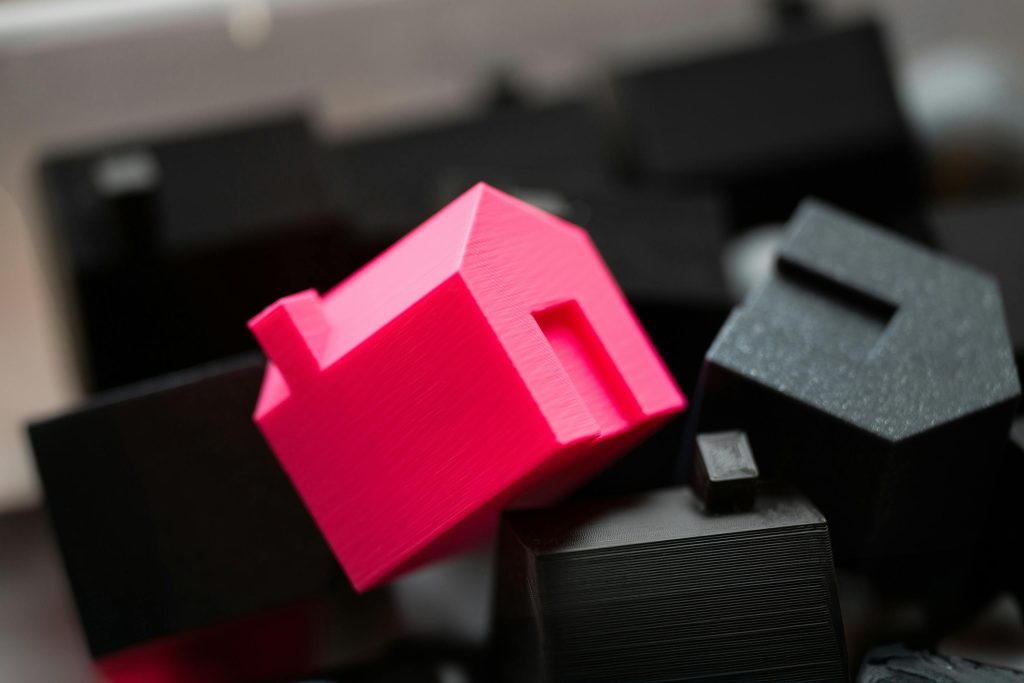These laws, set to replace the current unified Law on Spatial Planning and Construction of Buildings, aim to decentralize responsibilities, enhance safety, and increase legal certainty for investors. Key changes include the decentralization of construction permit issuance, new requirements for technical inspections, and the establishment of professional chambers for architects and engineers.
The Draft Law on Spatial Planning focuses on decentralizing planning tasks, introducing urban land consolidation, and developing a 20-year Spatial Plan for Montenegro. Both laws align with EU directives and aim to improve the quality of the built environment. However, frequent legislative changes in this area have created instability and legal uncertainty, highlighting the need for consistent enforcement of existing regulations rather than continuous legal amendments.
In this article (in English and Montenegrin), the JPM Podgorica office team led by Senior Partner Lana Vukmirović Mišić, and the Associates Dajana Drljević and Bojan Rolović, emphasizes the importance of effective implementation to attract foreign investments and achieve sustainable development.
